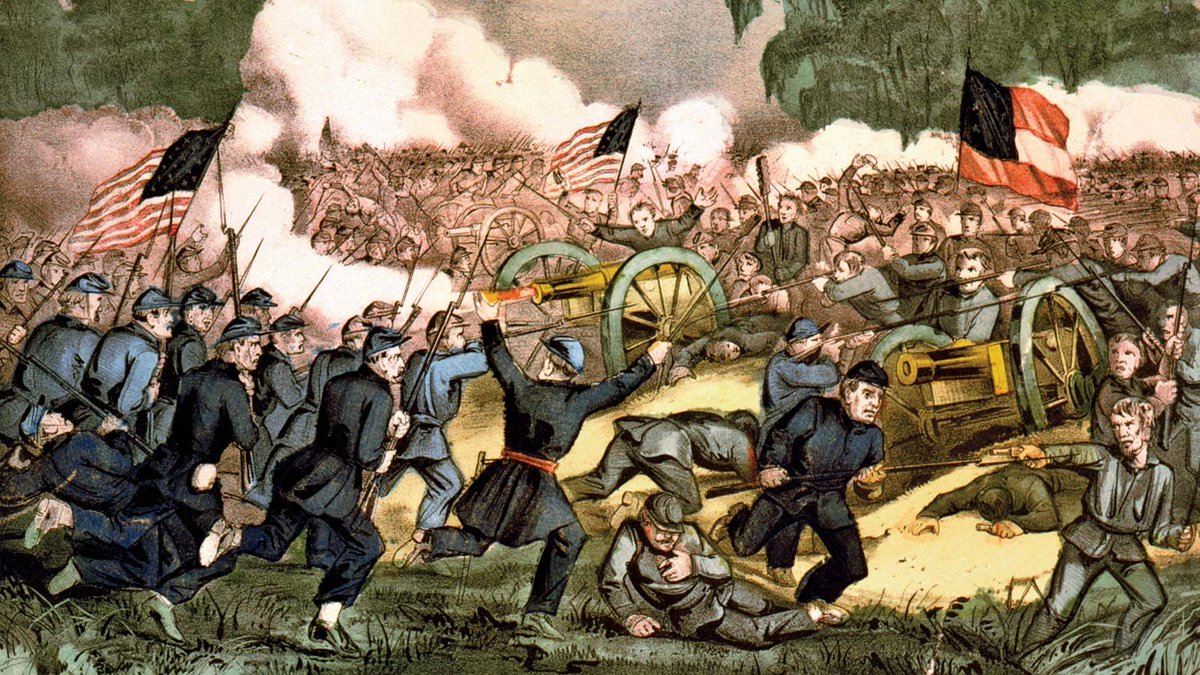
We're close to witnessing a major war over Ukraine. Why? Turns out, it's been long predicted by international relations scholars.
[THREAD]
[THREAD]

Indeed, this ongoing conflict is why Russia was kicked out of the G-8 (following its annexation of Crimea in 2014)...
cnn.com/2014/03/24/pol…
cnn.com/2014/03/24/pol…
The concern now is over ending the conflict before it escalates to major direct war between Russia and "Western" forces (i.e. US or @NATO).
foreignpolicy.com/2022/01/14/rus…
foreignpolicy.com/2022/01/14/rus…
That Ukraine is presently embroiled in conflict and could spark a major war would not surprise most analysts writing in the immediate aftermath of the Cold War (following the collapse of the Soviet Union). 

International relations scholars have seen Ukraine, as a former Soviet republic, as THE potential "post-Cold War flash point" since, well, the end of the Cold War. 

Consider some examples from the early-to-mid 1990s
@TarasKuzio published a book in 1994 titled "Ukraine—Crimea—Russia: Triangle of Conflict"
cup.columbia.edu/book/ukrainecr…
cup.columbia.edu/book/ukrainecr…
@eugene_rumer, in @Foreignpolicy in 1994, said how the fact that Ukraine faces disintegration and a loss of sovereignty is "one of the critical issues facing the United States and its allies"
jstor.org/stable/1149221…
jstor.org/stable/1149221…

@KimberlyMarten, in her 1993 book, noted that "military control conflicts between Russia and Ukraine" were "flaring up as this book went to press"
amazon.com/Engaging-Enemy…
amazon.com/Engaging-Enemy…
In 1995 in @European_Sec, Roman Laba said that since 1991 the Russian-Ukrainian border had become "arguably the most important political border in Europe."
tandfonline.com/doi/abs/10.108…
tandfonline.com/doi/abs/10.108…
Interestingly, Barry Posen offered one of the more sanguine opinions on the matter, writing in @SurvivalEditors in 1993 that "The history of relations between Russia and Ukraine is conducive to peace"
tandfonline.com/doi/abs/10.108…
tandfonline.com/doi/abs/10.108…
Writing in 1994, @ianbremmer noted that "the fate of the Russian minority in Ukraine is thus not only of great regional importance but bears significantly upon international peace and security as well."
tandfonline.com/doi/abs/10.108…
tandfonline.com/doi/abs/10.108…
Perhaps most notably, John Mearsheimer wrote a piece in @ForeignAffairs in 1993 titled "The Case for a Ukrainian Nuclear Deterrent".
foreignaffairs.com/articles/ukrai…
foreignaffairs.com/articles/ukrai…
The basis for his argument was that Russia "has a history of bad relations with Ukraine", "Ukraine cannot defend itself against a nuclear-armed Russia with conventional weapons", and no state, including the USA, is going to grant "a meaningful security guarantee".
But he also thought that Ukraine was not going to give Russia back its +1,000 nuclear warheads. He took the argument as far as saying that Ukraine "should not" give back the warheads. 

But Ukraine did give them back (they didn't really have the ability to use them anyhow), in exchange for security "assurances" (note, not the same as "guarantees").
brookings.edu/blog/order-fro…
brookings.edu/blog/order-fro…
It's probably not surprising that Mearsheimer predicted conflict in Europe after the Cold War (see below 🧵). But as the other examples above make clear, he was in good company on this particular issue.
https://twitter.com/ProfPaulPoast/status/1412739908565884928
You get the point: in the early post-Cold War period, lots of scholars saw Ukraine-Russia relations as holding potential for major conflict.
Why did they think that?
Why did they think that?
It's important to highlight that @NATO expansion (or EU expansion) is not one of the reasons.
The above articles were not only published well before the initial post-Cold War expansion (in 1999), but before Poland, Czech Republic, and Hungary (the 1999 entrants) were even official "candidates" to join (occurred in 1997).
brookings.edu/research/enlar…
brookings.edu/research/enlar…
One reason given is that Ukraine always sat at the "faultline" between East and West. As @LincolnMitchell wrote his 2012 book, "the western half was Poland, the eastern half was Russia, and Kiev was pulled in both directions.”
amazon.com/Color-Revoluti…
amazon.com/Color-Revoluti…
Another reason is that Ukraine was the most important non-Russian republic in the Soviet Union. It was the largest, most populous, and economically vital of the republics that bordered Europe (only Kazakhstan being geographically larger).
jstor.org/stable/4086643…
jstor.org/stable/4086643…

Both of those reasons suggests that Ukraine could be pulled apart from within (reason one) and that Russia would have an incentive to reclaim the country or at least keep it within its sphere of influence (reason two)
jstor.org/stable/4103668…
jstor.org/stable/4103668…

Hence, there was a fear that the latter reason could eventually test the willingness of states to preserve the norm of "territorial integrity" critical to the post-World War II "order" (more on that in another 🧵).
tandfonline.com/doi/abs/10.108…
tandfonline.com/doi/abs/10.108…
In sum, Ukraine-Russia has long been seen as a (even THE) potential post-Cold War flashpoint. The fear is that those visions are now becoming reality.
[END]
[END]
• • •
Missing some Tweet in this thread? You can try to
force a refresh










